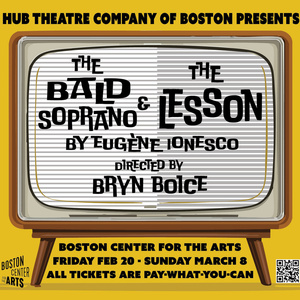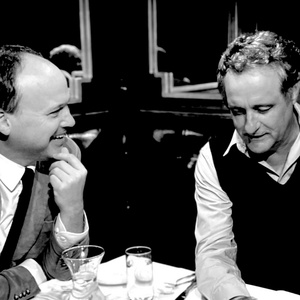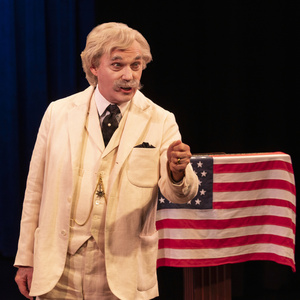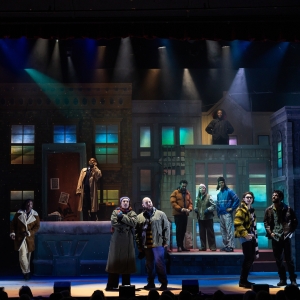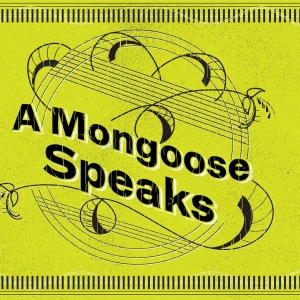
Elliot Norton
Birth Place: Boston, MA, USA
Gus Birney and More Will Lead the Cast of SEAGULL: TRUE STORY Off-Broadway (Feb 20, 2026)
Hub Theatre Company of Boston to Stage THE BALD SOPRANO & THE LESSON (Feb 18, 2026)
New Musical LATE Arrives In March At Boston Center For The Arts Plaza Theatre (Feb 13, 2026)
BIO
Elliot Norton was a renowned American theater critic and writer who made significant contributions to the development of theater criticism in the United States. Born in Boston in 1903, Norton grew up in a family that valued the arts and culture, and he developed a passion for theater at a young age.
Norton began his career as a journalist in 1926, writing for the Boston Post and later for the Boston Herald. He quickly gained a reputation as a knowledgeable and insightful critic, and his reviews were widely read and respected by both theater professionals and audiences. In 1958, Norton was appointed the theater critic for the Boston Evening Transcript, a position he held until the paper's closure in 1975.
Throughout his career, Norton championed the work of new and emerging playwrights and directors, and he was a strong advocate for diversity and inclusivity in the theater. He was also a vocal critic of censorship and worked to defend the artistic freedom of theater artists.
In addition to his work as a critic, Norton was also a prolific writer and commentator on the theater. He authored several books, including "The Theater in Spite of Itself" and "The True Story of the Theatre," and he was a frequent contributor to publications such as The New Republic and The Nation.
Norton's contributions to the theater were recognized with numerous awards and honors, including a Tony Award for Excellence in Theatre in 1976 and the George Jean Nathan Award for Dramatic Criticism in 1978. He was also inducted into the American Theatre Hall of Fame in 1983.
Elliot Norton passed away in 2003 at the age of 100, but his legacy as a pioneering theater critic and advocate for the arts lives on. His writing and criticism continue to be studied and admired by theater professionals and enthusiasts alike, and his contributions to the development of theater criticism in the United States are widely recognized and celebrated.
Overall, Elliot Norton was a visionary and influential figure in the world of theater criticism, and his contributions to the field continue to be felt today. His commitment to championing new and diverse voices in the theater and defending the artistic freedom of theater artists remains an inspiration to all who value the power and importance of the arts.
Awards and Nominations
winner
Elliot Norton
FREQUENTLY ASKED QUESTIONS
Elliot Norton has been nominated for the Special Tony Award at the Tony Awards.
Elliot Norton has won the Special Tony Award at the Tony Awards.
Videos























